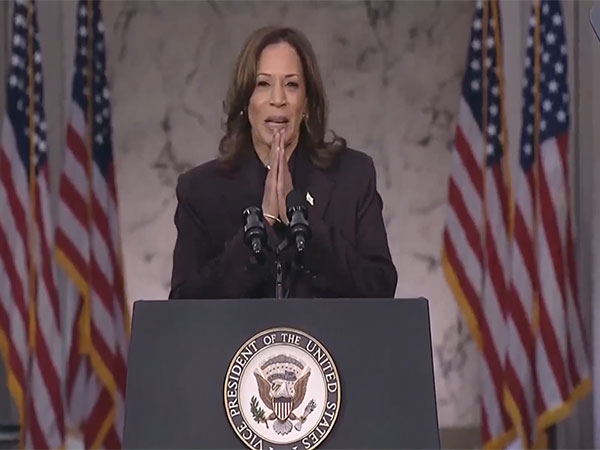Breaking Barriers: The Ongoing Struggle for Gender Equality in U.S. Politics and Beyond
Kamala Harris faced multiple challenges as she lost the 2024 U.S. presidential election to Donald Trump. Economic concerns and persistent sexism influenced her defeat. While women lead in 13 UN member states, progress in the U.S. remains slow, with disparities in pay, representation, and healthcare persisting.

In a landmark yet challenging milestone in U.S. political history, Kamala Harris has become the second woman to be nominated for president by a major party, only to face defeat. This election loss to Donald Trump, echoing Hillary Clinton's 2016 defeat, underscores persistent gender and racial biases in the country's political landscape. According to exit polls and surveys, economic apprehensions and sexism notably influenced the electoral outcome.
Despite progress in gender representation worldwide, U.S. women continue to struggle with significant disparities. Women comprise 51% of the population, yet only 28% of Congress members. Economic inequities persist, with women earning 84 cents for every dollar men make, highlighting the stalled progress towards pay equity in recent years.
The United States stands out globally for its high maternal mortality rates, exacerbating gender disparities. Furthermore, the reversal of Roe v. Wade limits abortion rights, affecting women disproportionately. The ongoing challenges for women in leadership, healthcare, and economic spheres reflect deeply entrenched systemic issues the nation must confront.
(With inputs from agencies.)
ALSO READ
Economic Concerns Propel Trump to 2024 Victory
Mauritius Decides: Battling Election Promises Amid Economic Concerns
Indian Markets Tumble: Sensex and Nifty Hit Multi-Month Lows Amid Economic Concerns
Olympic Boxer Withdraws From Presidential Race Amidst Racism and Sexism
European Markets Tumble Amid Economic Concerns and Political Uncertainty










